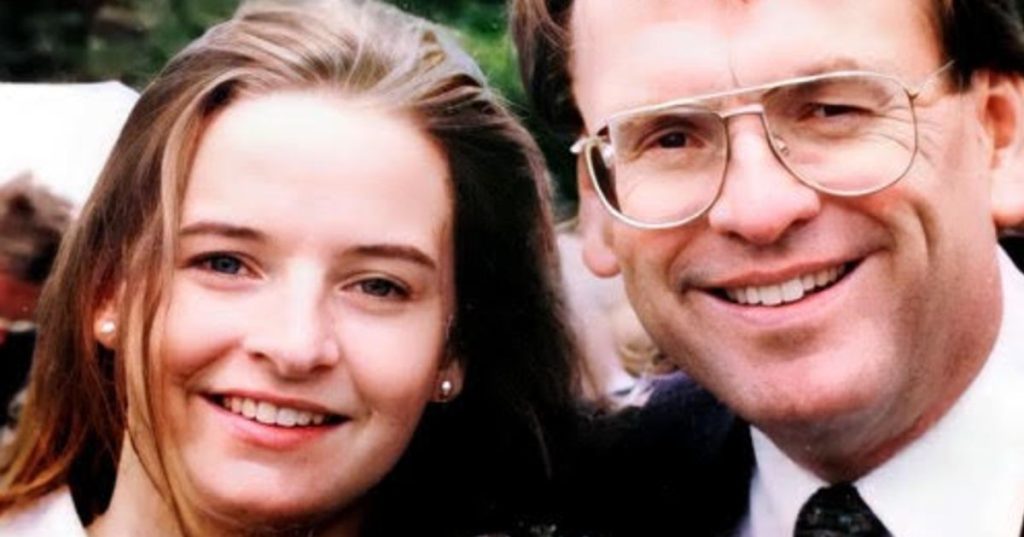Family secrets are a common occurrence, often kept hidden out of fear, shame, or self-protection, creating a burden that becomes difficult to carry. In 1985, the author’s father, a surgeon, contracted HIV from contaminated blood during surgery, at a time when AIDS was a misunderstood and stigmatized disease. Misinformation and bigotry fueled societal views, leading to discrimination against those with HIV, including loss of jobs and homes. The evangelical Christian community worsened the stigma by claiming AIDS was a punishment from God, adding to the author’s father’s struggle to reconcile his diagnosis with his faith.
Despite being an accomplished physician, the author’s father felt disempowered and eventually chose to end his medical practice to protect his patients from potential infection. The family kept his illness a secret to shield them from ostracism, leading to a culture of silence that prevented them from sharing their grief and coping together. After two years, the author’s father decided to write a book about his experience, hoping to dispel myths about HIV and AIDS and encourage a more compassionate response from the Christian community. The book was published in 1995, six months before his death, allowing the family to break free from the secrecy that had burdened them.
The author spent two decades carrying the weight of the family’s secret, pretending to be okay while struggling internally with fear, grief, and shame. Eventually, she sought therapy and started writing to process her emotions and find meaning in her family’s experience. Through recounting her story and breaking the silence, she was able to overcome the barriers that prevented her from being her true self. Today, she shares her story with others, offering hope that honesty and vulnerability can help release unspoken burdens and foster connections with others.
In the aftermath of her father’s death, the author’s family members each found their own ways to cope and make a difference. Two of her brothers became physicians, following in their father’s footsteps, while her mother transitioned to a career in family therapy, drawing on her experiences to offer support to others facing tough circumstances. The author now shares her story with audiences, speaking authentically about her journey and aiming to help others put down their unspoken burdens. Through writing and sharing her experiences, she has found a sense of connection and catharsis, empowering others to do the same.


